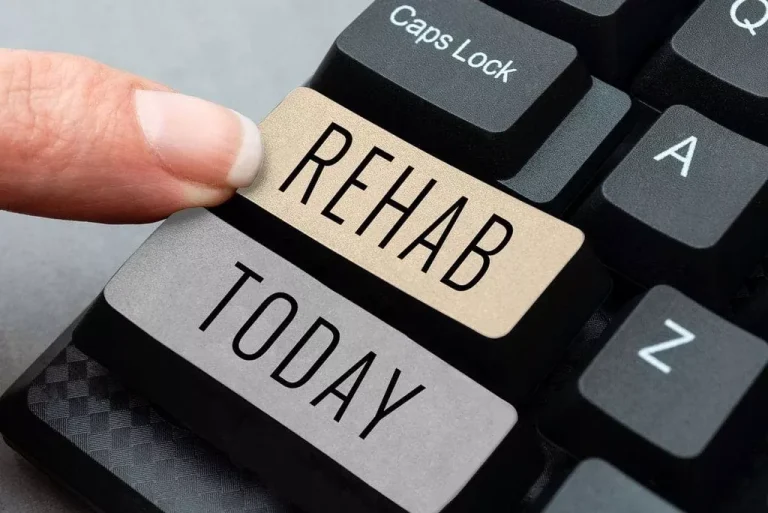
A loved one’s drinking can have a negative impact on your own health. You may feel some anxiety and stress, blame yourself or feel unable to cope. It can help to talk to someone you trust, who is unaffected by the how to recognize signs and symptoms of alcoholism and alcohol abuse situation – whether that’s a friend, relative or confidential support line.
Effects on Immune Health

People who abuse alcohol tend to be secretive about it and can even become hostile if confronted. Here are signs and symptoms of alcohol abuse to watch out for in a loved one. Health professionals sometimes prescribe medications to reduce the symptoms of withdrawal.
What Is Alcoholism and How to Get Treatment
They may also continue to drink when faced with health problems arising from alcohol misuse. One of the early signs of alcohol addiction is drinking in order to relax or improve sleep. In fact, experts often divide alcohol use disorder into four stages, and the first stage, called the pre-alcoholic stage, involves drinking in order to relax. People may not experience obvious consequences from alcohol misuse at this stage, but they are self-medicating with alcohol use, which can lead to problems down the road. As drinking is so prevalent in Western society, the ramifications and dangers are not always immediately visible. Many of us have experienced hangovers in our lives or have faced a difficult day at work following a night of heavy drinking.
What is a Functioning Alcoholic & What are the Risks?
Excessive alcohol consumption can heighten the risk of health issues. Despite the harm linked with alcohol consumption, the effects are reversible in most cases. The first step is usually requesting a medical history as well as performing a physical exam. During this time, if alcohol is suspected as one of the main contributors, your physician may talk with you about how much you drink and why you may need to restrict alcohol consumption moving forward.
If you’ve struggled to cut back on your drinking, Confidant Health is here to help. We provide virtual medication assisted treatment for alcohol use, so you can consult with our doctors right from home. Our app is available both on the App Store and the Google Play store. Download it today to begin medication assisted treatment and start on the path toward recovery. If you’re searching for information related to alcoholism warning signs, the answers to the following questions may also be of interest. Some common alcohol withdrawal side effects include sweating, tremor, elevated heart rate, sleep problems, gastrointestinal symptoms like nausea or vomiting, anxiety, and hallucinations.
- This can lead to serious health implications as well as damaging other aspects of life, and for some, it may lead to alcohol dependence or alcoholism.
- One symptom may snowball into another, fueling additional problems down the road.
- Millions of people across the globe lose their jobs, health, families and even lives to the debilitating effects of alcoholism each year.
- If you answered yes to any of the questions above, this might not mean you’re addicted to alcohol, but it might show a potential problem with drinking.
- Listening to others with the same challenges can serve as a tremendous source of comfort and support.

The social implications can be devastating on the individual and their family. Often people struggling with alcoholism isolate themselves from others and avoid loved ones. Our highly credentialed staff members offer a full range of progressive treatment options based on each patient’s individual needs, including teletherapy. We’re ready to help your loved one begin the journey to recovery — contact us to learn more about personalized, comprehensive treatment plans. Binge drinking and heavy drinking both, by definition, constitute alcohol misuse.
- There are many alcohol rehab and treatment centers in the country that can help if you or someone you care about is suffering from alcoholism.
- If you suspect that you or someone you care about has an AUD, it may be time to seek professional help.
- It’s common for people to know they want to quit but be overcome by their addiction and find they’re unable to stop drinking.
- Most will offer aftercare once you complete the inpatient portion of your treatment.
Sometimes alcoholism develops suddenly in response to a stressful change, such as a breakup, retirement, or another loss. Other times, it gradually creeps up on you as your tolerance to alcohol increases. If you’re a binge drinker or you drink every day, the risks of developing alcoholism are greater. Depending on the answers provided, an individual may meet the requirements for an alcohol use disorder diagnosis and be recommended for certain forms of alcohol treatment based on severity. If left untreated, alcohol abuse can spiral out of control quickly. When alcohol abuse begins to negatively impact a person’s life and causes harm, it is diagnosed as alcohol use disorder (AUD).

Drinking problems and denial
It is the most common form of excessive drinking, and over 90% of excessive https://ecosoberhouse.com/article/mental-disorders-alcohol-use/ drinkers binge drink. Heavy drinking is 15 or more drinks per week for men and eight or more for women. Drinking below the legal age or while pregnant is also considered excessive. Knowing how much you drink and whether you are drinking too much is essential.

Risks of Alcoholism
” but they should not take the place drug addiction treatment of medical advice and treatment from a doctor or addiction treatment professional. A person who spends most or all of their free time drinking, or recovering from the effects of drinking, is likely struggling with alcohol misuse. Health care providers may prescribe certain medications to ease symptoms and monitor for complications like delirium tremens, a life-threatening condition. If these signs resonate, it’s essential to seek support from a health care provider or alcohol counselors to address the problem before it worsens. You care about your loved ones, but you can’t imagine your life without alcohol. Your drinking has led to trouble with your family or friends, or made problems worse, yet you continue to drink.
